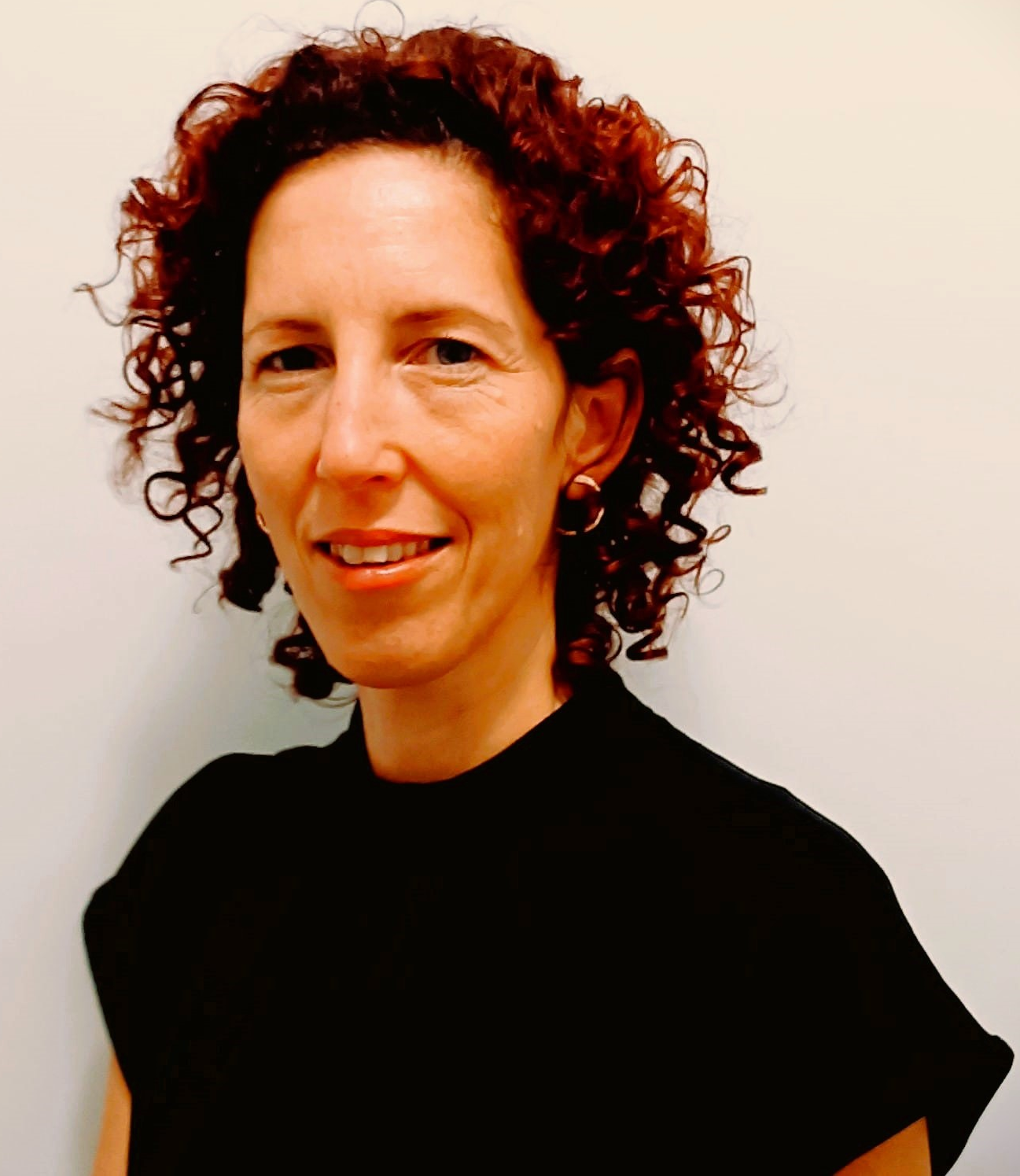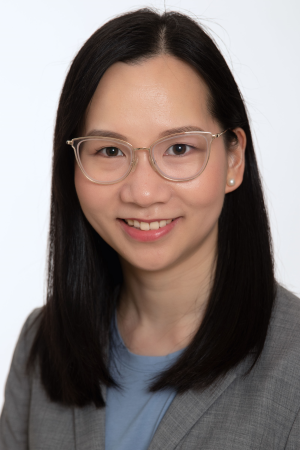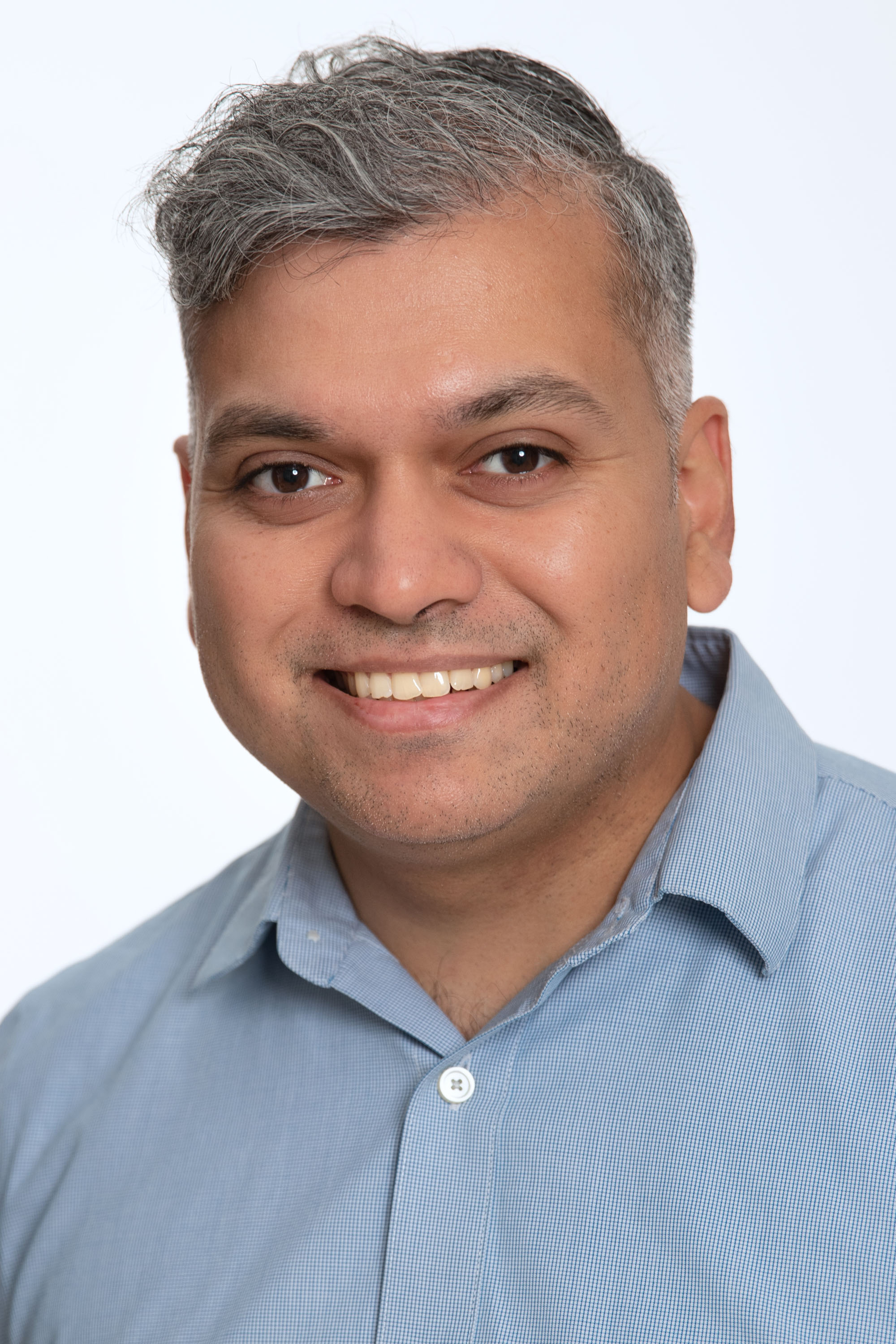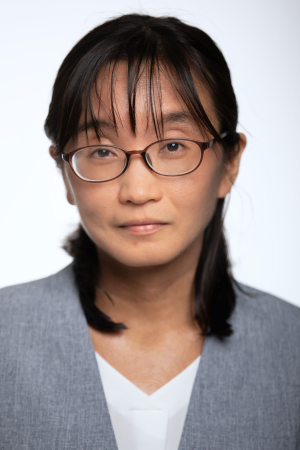The Garron Family Cancer Centre
Education
The Garron Family Cancer Centre at SickKids provides training for the next generation of health-care professionals through several fellowship opportunities.
Training Programs
The Garron Family Cancer Centre (GFCC) offers a unique fellowship opportunity for clinical fellows looking to enhance their experience in cancer research. The GFCC as part of The Hospital for Sick Children (SickKids) is one of Canada's top ranked Paediatric Oncology Centres in Canada. This fellowship opportunity aims to provide training through direct participation in basic science or clinical investigation under the supervision of world leaders in oncology research and clinical care. The goal is to promote career development in the clinician investigator and clinician scientist tracks. The GFCC awards up to two 2-year fellowships per review cycle.
Fellowship requirements
- Research undertaken must be cancer related.
- Fellows are required to participate in GFCC research seminars related to their research interests and as their schedules allow from the outset of their fellowship.
- As part of the fellowship, fellows are required to commit up to 10% of their time per year to clinical activities.
- This is a 2-year fellowship starting July 1.
Fellowship Oversight Committee
A formal Fellowship Oversight Committee (FOC) is to be established to mentor and guide the fellow in the first year. The FOC is composed of at least 3 individuals including fellowship supervisor, a mentor for the fellow’s clinical and general career development, and a mentor with expertise in research that is being pursued by the fellow. There may be additional mentors who are also members of the FOC.
Fellowship eligibility
- Clinical Fellows who have completed or will have completed at time of start of fellowship their core clinical training.
- Applicants can apply in the year prior to the planned research activities.
- A supervisor and primary project must be identified at time of application.
- The research fellowship is intended to start July 1 of the following year of application submission; off cycle start dates may be considered.
Supervisor eligibility
- Supervisors must have a Senior Scientist, Scientist, Senior Associate Scientist, or Associate Scientist appointment at the Research Institute.
Supervisor contribution
Effective July 1, 2024, for fellows starting their first year of the GFCC Fellowship, supervisors are required to contribute $22,000 toward fellow salary. Please note if the fellow successfully receives external funding this will offset the supervisor contribution.
Remuneration
$84,712.26 per year plus modified benefits for the term of the fellowship.
Application
Applications are accepted through the Research Training Centre (RTC) Clinician Scientist Fellowship Program (CSTP) fall deadline. Visit the RTC website to review application.
Deadline for applications
For a fellowship start date of July 1, 2025, please submit applications by 11:59 p.m. on October 11, 2024 via the RTC CSTP application.
Fellowship deferral
The GFCC fellowship can be deferred up to a maximum of 1 year. A written letter advising of deferral is required and must include signature from fellow and supervisor.
Contact
For inquiries about the GFCC fellowship, please contact gfcc.fellowship@sickkids.ca
Global Oncology Fellowship
Global Oncology Fellowship
The Global Oncology Fellowship is a fellowship offered by the Centre for Global Child Health (C-GCH) and the Garron Family Cancer Centre (GFCC) at The Hospital for Sick Children.
Visit the Centre for Global Child Health Fellowships and Student Opportunities page for more details including how to apply.
Fellowship Overview
As an innovator in paediatric oncology, the Garron Family Cancer Centre (GFCC) is looking to develop future leaders in artificial intelligence (AI) and machine learning (ML). The field of AI/ML utilizes algorithms and software to develop complex models to better employ data to support care and develop innovative solutions and is a growing field in healthcare.
The GFCC AI Fellowship will focus on the use of AI/ML to inform patient and systems-based practices for best care of paediatric oncology patients and will span prioritization of clinical questions and scenarios, model development and deployment, and implementation. The successful candidate must have an interest in working with large datasets, statistics, quality improvement and implementation science.
Eligibility
- Fellowship is open to clinical applicants who:
- Have completed a clinical fellowship in paediatric haematology/oncology
- Prior coding experience is an asset but not required. Applicants must have a willingness to learn coding and take part in AI or ML courses to build and apply coding skills throughout the fellowship.
Timeline
- Fellowship Academic Year: July 1 start
- Submission Deadline: October 11, 2024
- Selection Committee Review: Early November
- Program Acceptance: An email notification will be forwarded to your email address by the end of November.
Fellowship Requirements
- Applicant must source two supervisors:
- Clinical Supervisor: from the oncology practice area to support content expertise.
- Technical Supervisor: whose lab or research area includes AI and ML. Technical Supervisor can be external to SickKids if proven leader in the AI/ML field.
- Applicants are not required to have a project or model to develop at beginning of fellowship.
- Expectation that up to 10% of time is spent in clinical work in keeping with the professional role of the fellow.
- Introductory courses in AI and ML are requirements of fellowship and encouraged to be completed in first 3 months of fellowship, suggested courses include:
Term
- Two year fellowship
- Academic year July 1 – June 30
Remuneration
- $84,712.26 per year plus modified benefits for the term of the fellowship.
- Laptop will be provided
Supervisor contribution
- Supervisor contribution of $22,000 toward fellow salary is required. Please note if the fellow successfully receives external funding this will offset the supervisor contribution.
Application Requirements
- AI Fellowship Application
- Clinical Supervisor Application
- Technical Supervisor Application
- Two reference letters (not from supervisors) submitted to gfcc.fellowship@sickkids.ca
Fellowship Oversight Committee (FOC)
- Fellows are required to establish a formal FOC that will include supervisors, one to two mentors in ML/AI and one to two members from lab who collaborate on project.
- The goal of the FOC is to initially help the fellow establish learning goals thereby setting up a mentorship plan to support skill development in AL/ML.
- The FOC is required to meet bimonthly in the first year of the fellowship and quarterly in the second year.
Progress Report
- Fellow will be required to submit a progress report by December 1 and June 1 of each fellowship year.
- Coding knowledge will be evaluated as part of the progress report at the conclusion of first year of fellowship.
Fellowship Expectations
At the end of the fellowship, it is expected that fellows will be able to identify relevant practice questions, understand data resources and work with AI/ML experts in developing and refining models, analyze results and translate to clinical practice.
Learn more about the Core Paediatric General Haematology/Oncology fellowship from the Division of Haematology/Oncology.
Learn more about the Departmental Paediatric Haematology/Oncology fellowship from the Division of Haematology/Oncology.
Learn more about the Subspeciality Paediatric Haematology/Oncology fellowship from the Division of Haematology/Oncology.
The Division of Hematology/Oncology Clinical and GFCC Research Fellowship is a four-year combined fellowship opportunity for physicians. The GFCC Research Fellowship component begins after the completion of two years of clinical training.
Eligibility
Physician trainees awarded a two-year clinical fellowship by the Division of Haematology/Oncology.
Application Requirements
- Division of Haematology/Oncology Fellowship Application
- Current CV
- Two professional letters of reference
- GFCC Fellowship Trainee Application
- GFCC Fellowship Supervisor Application
- One supervisor letter of support
Timeline
- Fellowship Academic Year start: July 1, 2023
- Submission Deadline: September 30, 2022 11:59 p.m.
- Selection Committee Review: October
- Program Acceptance: An email notification will be forwarded to your email address between October and November.
Learn more about the Basic Science/Investigator Fellowship offered through the SickKids Research Institute Research Training Centre (RTC).
2024/25 GFCC Research Fellows

Dr. Adi Nitzan-Luques
Supervisor: Meredith Irwin
Translational in vivo modeling to identify therapeutic opportunities for high-risk neuroblastoma
Neuroblastoma (NB) is a cancer of the peripheral nervous system and the most common pediatric solid tumor outside the brain. This malignancy is heterogeneous in nature with respect to underlying gene alterations as well as associated clinical outcomes. Although >90% of those with low- risk localized NB survive, patients with high-risk disease have survival rates of <50% due most commonly to recurrent or difficult to treat metastatic diseases.
The mechanisms that explain how NB develops, progresses and becomes resistant to treatment are poorly understood, which makes discovery of new drugs challenging. One major limitation has been a lack of animal models for NB that get tumors that look like those we see in our patients with high-risk. My project aims to develop new, patient-specific, NB models based on gene alterations identified in tumors from patients with relapsed NB.
MYCN amplification, ATRX loss-of-function and TERT alterations are some of the gene alterations found in tumors from NB patients. Zebrafish are increasingly used to study human cancers and have several advantages over using mice. Our lab previously made Zebrafish that had high levels of MYCN together with mutations we identified in our patients in genes within DNA damage repair (DDR) pathways. I aim to develop additional zebrafish NB models where I will modify ATRX or TERT (similar to what happens in our patients) and test personalized drug combinations, including new agents targeting DDR. This approach aims to identify personalized drug sensitivities according to underlying gene mutations and provides important evidence for novel targeted therapy combinations for high-risk NB patients.

Dr. Amy Lu
Supervisor: Dr. Lillian Sung
Describing Non-English Language Preference (NELP) in Paediatric Oncology
Language barriers between patients/families and their healthcare teams can have negative effects on different parts of the healthcare experience. In areas where English is the primary working language, language barriers are often studied under the term “non-English language preference” (NELP). When patients/families have NELP, this can negatively affect important aspects of healthcare such as communication with healthcare teams and satisfaction with care, and can lead to health disparities compared to families without NELP. Communication with healthcare teams is especially important in paediatric oncology, and yet we do not understand NELP very well in this population.
Our project aims to determine how common NELP is among guardians of paediatric cancer patients, and explore how NELP affects guardians’ healthcare experiences. Firstly, we will determine how common NELP is by interviewing guardians. We will also compare different ways to identify if a guardian has NELP by comparing interview answers with fields in the electronic medical record on language preference, as well as with the results of chart review (when research teams review documents in a patient’s chart). Secondly, we will compare perceptions around communication with healthcare teams and satisfaction with healthcare provided between guardians with and without NELP. Finally, for guardians with NELP, we will describe how often different types of interpreters are used (e.g. professional versus informal) and with what modalities (e.g. in person versus phone/videoconference), and what guardians’ preferences are in terms of these differences. This project will provide important information for us to understand NELP and its impact in paediatric oncology, and will help us develop further research and interventions to minimize the negative impact of NELP on paediatric oncology care.

Dr. Nikhil Raghuram
Supervisor: Dr. Annie Huang
Targeting EZH2 in EBTs: Role of epigenetic modifiers in modulating pluripotency
Among cancers that afflict children, brain cancers are the second most common type of cancers, however, cause the most deaths and disability. The Huang lab has been studying pediatric malignant brain tumors called ETMRs and ATRTs. These tumors arise in infants and children less than 3 years of age, and approximately 70% of the patients die within 2-years following diagnosis, highlighting the aggressive nature of the tumors and lack of effective treatment strategies.
Our preliminary studies indicate that both ETMRs and ATRTs over-express a protein called EZH2, which in other cancers has been shown to drive cancer growth. To further investigate the role of EZH2, tumor cells will be genetically engineered to reduce their expression of EZH2 allowing us to understand the effects of this reduction on cancer growth. We will also use novel drugs, Tazemetostat and DZnep, that have been shown to reduce the activity of EZH2. We will use sophisticated sequencing analysis to understand how reduction in EZH2 levels impacts DNA and the biological processes that depend upon DNA (such as transcription, and DNA damage pathways). We will investigate whether using a combination of EZH2 inhibitors with conventional chemotherapy is more effective in ETMR and ATRT cells.
In summary, our research aims to investigate the role of EZH2 in pediatric brain tumors and understand the biochemical mechanisms that drive these tumors. This will help us in better identifying vulnerabilities that can be targeted by chemotherapy.

Dr. Yoshiko Nakano
Supervisor: Dr. David Malkin
Pediatric Cancer Predisposition - More Effective and Less Invasive Approaches
At least 10–18% of children with cancer have genetic conditions that predispose them to developing multiple tumors from a young age: They have a pathogenic variant (i.e., a change in DNA sequencing that leads to the impaired function of DNA) in cancer predisposition genes. Various disorders are known as paediatric cancer predisposition disorders including Li–Fraumeni syndrome, DICER1 syndrome and hereditary paraganglioma/pheochromocytoma syndrome.
Cancer screening for these children and family members with the same pathogenic variant enables the early detection of tumors and reduced morbidity and mortality. However, most current surveillance protocols are based on expert opinions with limited available evidence. In addition, frequent imaging tests and false-positive or indeterminate results during surveillance increase patients’ anxiety and stress. Furthermore, management of early-detected lesions remains controversial, particularly regarding the timing to start treatment for asymptomatic low-grade tumors.
This project explores more effective and less invasive approaches for children with cancer predisposition. First, to provide evidence to optimize surveillance protocols and cancer management, we retrospectively analyze clinical data of patients who underwent surveillance through the SickKids Cancer Genetics Program which started in 1999. Second, we assess the utility of liquid biopsy (looking for the pathogenic variants in blood samples) for the early detection of tumors in variety of paediatric cancer predisposition disorders, which is a promising tool for detecting tumors in less invasive and more sensitive and specific manners compared to surgical biopsy and imaging testing. Third, we provide comprehensive molecular analysis of brain tumors developed in patients with Li-Fraumeni syndrome to see whether that influences options for better therapeutic management.


